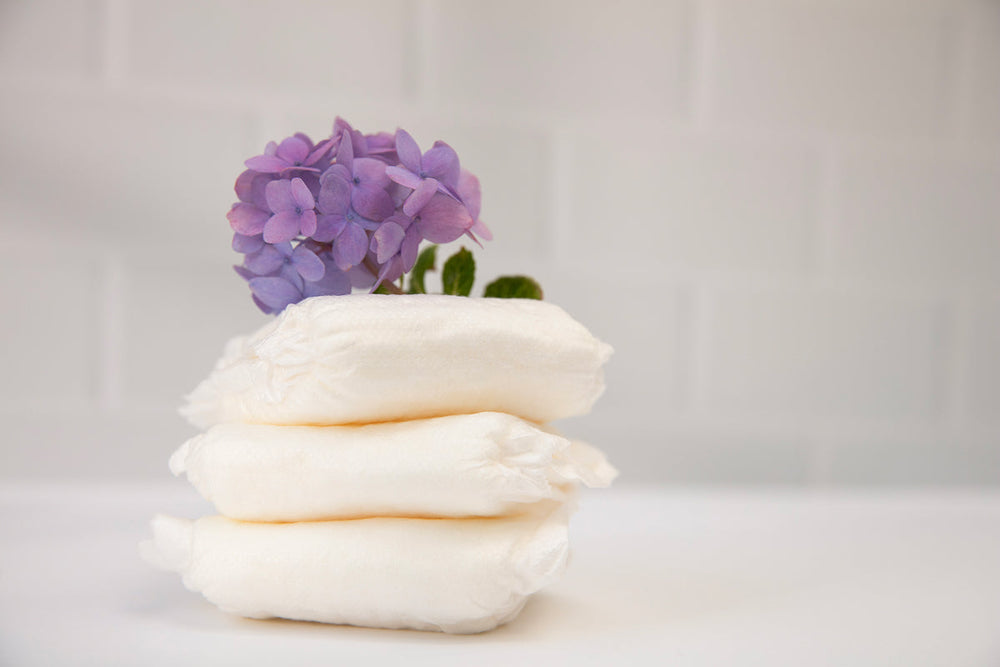For many women, periods bring along a host of physical and emotional changes that can sometimes feel overwhelming. One common—and often frustrating—symptom is the increased need to urinate before or during your period. If you’ve found yourself asking, “Why do I pee so much before my period?”, you’re not alone. While it can be annoying, this experience is completely normal and tied to the natural hormonal fluctuations that occur throughout your menstrual cycle. Let’s break down why this happens, its potential impact on your well-being, and simple ways to manage it.
The Connection Between Menstruation and Frequent Urination
The hormonal shifts of your menstrual cycle, particularly in progesterone and estrogen, are the primary culprits behind frequent urination. Progesterone—a hormone produced in the second half of your cycle—plays a key role in preparing your body for potential pregnancy.
As your period approaches and progesterone levels drop, fluid retention caused by the hormone is released. Your body eliminates this excess fluid naturally, which can lead to more frequent bathroom trips.
Additionally, your uterus swells slightly before your period, putting extra pressure on your bladder. This sensitivity can make you feel like you need to pee—even if your bladder isn’t full.
Is Frequent Urination Before Your Period Normal?
Yes! For many women, increased urination is just another part of premenstrual syndrome (PMS). Along with other common symptoms like bloating, mood swings, and cramps, you might notice you’re heading to the bathroom more often—sometimes even two or three times more than usual.
When Should I See a Doctor?
While frequent urination related to your menstrual cycle is normal, there are instances where it could signal a more serious issue. Consult your doctor if you experience:
• A sudden, uncontrollable urge to urinate multiple times a day or night
• Burning sensations while urinating
• Cloudy, reddish, or strong-smelling urine
• Pain in your lower abdomen or back
These could be signs of a urinary tract infection (UTI), overactive bladder (OAB), or another medical condition that requires treatment.
Signs It Could Be More Than Hormones
If your frequent urination is accompanied by additional symptoms or persists outside of your menstrual cycle, consider these possible conditions:
-
Irritable Bladder Syndrome: Hormonal changes, particularly the rise in prostaglandins during your period, can make your bladder more sensitive and lead to an urgent need to pee.
-
Interstitial Cystitis (IC): This chronic condition involves an inflamed bladder wall, causing frequent urination, pelvic pain, and discomfort.
-
Endometriosis: This condition, which affects around 10% of women and girls globally, is where tissue similar to the uterine lining grows outside the uterus, can irritate the bladder and cause painful urination.
How to Manage Frequent Urination Before Your Period
The good news? There are several strategies to help you manage this symptom:
Dietary Tips
-
Limit bladder irritants like caffeine, spicy foods, and alcohol
-
Stay mindful of your salt intake, as it can worsen bloating and fluid retention
Hydration
Drinking water might feel counterintuitive, but staying hydrated actually helps dilute your urine, reducing irritation to your bladder. Aim for 8-10 glasses a day.
Pelvic Floor Exercises
Kegel exercises can strengthen the muscles that support your bladder, helping you maintain better control of your bladder. To perform them:
-
Identify your pelvic floor muscles by stopping your urine flow midstream.
-
Squeeze those muscles for 3–5 seconds, then release.
-
Repeat 10 times a day.
Tip: Avoid overdoing Kegels, as they can lead to muscle tightness. Talk to your doctor before making Kegels a part of your daily routine to make sure you are doing them correctly.
Lifestyle Adjustments for Long-Term Relief
-
Track Your Cycle: Keeping a calendar or using a period-tracking app can help you anticipate changes in your urination habits.
-
Bladder Training: Gradually increase the time between bathroom trips to help retrain your bladder and reduce the frequency of urination.
-
Use Sustainable Period + Bladder Leak Products: Opt for breathable, high-absorbency products like Attn: Grace’s pads and liners. They’re designed to keep you dry, comfortable, and confident during your period and if you experience bladder leaks.
When to Seek Medical Advice
If you dedicatedly followed up on your bladder training regime but still don’t feel a difference, then this might be a wake-up call to consult your doctor for further guidance. Don't forget to tell your doctor about your medical history like an instance of diabetes or neurological disease or a pelvic surgery or radiation that you may have gone through in the past.
Normalizing the Conversation Around Bladder Health
Frequent urination before your period can feel isolating or even embarrassing, but it’s more common than you think. By openly discussing these symptoms, we can reduce stigma, share strategies, and empower women to take charge of their health.
At Attn: Grace, we’re here to help you navigate these challenges with grace and confidence. From our thoughtfully designed liners to our duo-action light hybrid pads, our products are made to meet your needs—whatever life throws your way.
Final Words!
Hopefully, this guide has provided some guidance and support if you are experiencing bladder leaks before your period. Furthermore, we hope you know that this is nothing abnormal or something to be ashamed of. The hormonal changes throughout your menstrual cycle cause your body to release excess fluids, but with the right strategies in place it is incredibly manageable.
Altering your diet, staying hydrated, and exploring supportive products like Attn: Grace’s thoughtfully designed pads and liners can help you trump these pre-period challenges with grace and confidence. Don’t let periods slow you down or dull your energy. With Attn: Grace by your side, you can feel confident and active no matter what
